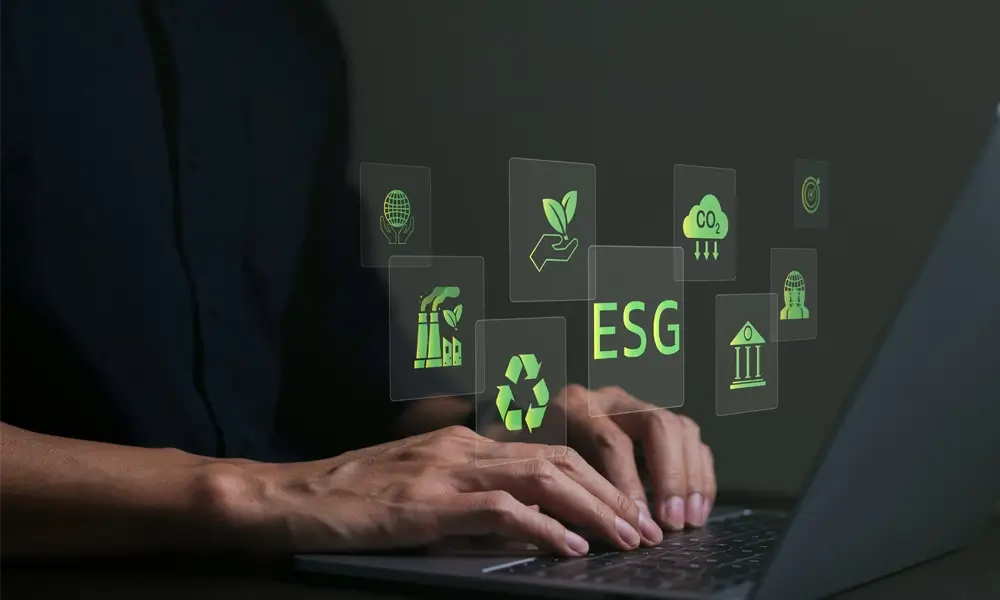The Internal Revenue Service published new rules on PIS and Cofins credits and one of them allows the ICMS to be counted in the calculation of the credits that are generated with the purchase of goods and inputs.
Normative Instruction No. 2,121 published in the DOU of 20/12/2022, repeals Normative Instruction No. 1,911/2019, which regulated the calculation, collection, inspection, collection, and administration of the Contribution to the PIS/PASEP, from Cofins - Contribution to Social Security Financing, the Contribution to the PIS/PASEP-Import and the Cofins-Import.
Normative Instruction No. 2,121 consolidates these rules and, containing 811 articles, repealed:
· RFB Normative Instruction No. 955, dated July 9, 2009;
· RFB Normative Instruction No. 1,267, dated April 27, 2012;
· RFB Normative Instruction No. 1,911, dated October 11, 2019;
· RFB Normative Instruction No. 2,092, dated July 6, 2022; and
· RFB Normative Instruction No. 2,109, dated October 4, 2022.
Normative Instruction No. 2,121 defines the procedures to be adopted in relation to the treatment of ICMS in the PIS and Cofins calculation bases, thus providing taxpayers with security regarding the operating procedure to be adopted.
This is a point that brings predictability, also because when it came to the calculation of credits, for example, the IRS and the PGFN - Attorney General's Office of the National Treasury had different understandings. The IRS advocated the exclusion of the ICMS and the PGFN did not. Another party benefiting from the standard are exporters, who now have the right to buy raw materials with the suspension of PIS and Cofins. However, in addition to the advances, the standard also includes critical points, such as the right to PIS and Cofins credits paid on purchases of merchandise for resale, which previously existed and have now been disbanded.
Some highlights of IN 21/21/2022:
1 — Exclusion of the ICMS from the PIS and Cofins Calculation Base
OF THE EXCLUSIONS FROM THE CALCULATION BASE
Section I
From the General Exclusions
Art. 26. For the purpose of determining the Contribution to PIS/PASEP and Cofins, the calculation base referred to in art. 25, the amounts related to (Decree-Law No. 1,598, 1977, art. 12, as amended by Law No. 12,973, of 2014, art. 2; Law No. 9,718, of 1998, art. 3, caput, as amended by Law No. 12,973, of 2014, art. 42, and paragraph 2, as amended by Law No. 13,043, of November 13, 2014, art. 15; Law No. 10,637, 2002, art. 1, § 3, as amended by Law No. 12,973, of 2014, art. 16; Law No. 10,833, of 2003, art. 1, § 3, with wording given by Law No. 12,973, of 2014, art. 17; and art. 15, item I, as amended by Law No. 10,865, of 2004, art. 21; and Judgment in Declaration Embargoes in Extraordinary Appeal No. 574,706):
XII — ICMS highlighted in the tax document
Single paragraph. In relation to the exclusion referred to in item XII, the amounts of ICMS highlighted in tax documents relating to sales revenues made with suspension, exemption, zero rate or not subject to the incidence of contributions cannot be excluded.
2 — Credit Determination
Credits Arising from the Purchase of Assets for Resale
Art. 173. The basis for calculating the credits to be deducted from the Contribution to PIS/PASEP and Cofins under the non-cumulative calculation regime are the amounts of the purchases made in the month of assets for resale (Law No. 10,637, of 2002, art. 3, caput, item I, “a” and “b”, as amended by Law No. 11,787, of 2008, art. 4; and Law No. 10,7833, of 2003, art. 3, caput, paragraph I, with the wording given by Law No. 11,787, 2008, article 4; and Law No. 10,7833, of 2003, caput, paragraph I, as amended by Law No. 11,787, 2008, art. 7, of 2008, art. 5).
Single paragraph. Credits relating to assets purchased for resale that have been stolen or stolen, unused or deteriorated, destroyed in an accident, or even used in other products that had the same destination (Law No. 10,833 of 2003, art. 3, § 13, as amended by Law No. 10,865, of 2004, art. 21, and art. 15, item II, as amended by Law No. 11,051, of 2004, art. 26), must be reversed.
Art. 174. For the purpose of calculating the credits deriving from the purchase of goods for resale, they include the purchase price, the amount of insurance and shipping paid for the purchase when borne by the buyer (Law No. 10,637, 2002, art. 3, caput, item I, as amended by Law No. 11,787, 2008, art. 4; and Law No. 10,833, 2003, art. 3, caput, paragraph I, as amended by Law No. 11,787, art. 5).
Subsection II
From Credits Deriving from the Purchase of Supplies
Art. 175. The basis for calculating the credits to be deducted from the Contribution to PIS/PASEP and Cofins, under the non-cumulative calculation regime, are the amounts of the purchases made in the month of (Law No. 10,637, 2002, art. 3, caput, item II, as amended by Law No. 10,865, of 2004, art. 37; and Law No. 10,833, of 2003, art. 3, caput, item II, as amended by Law No. 10,865, of 2004, art. 21):
I — goods and services used as inputs in the production or manufacture of goods or products intended for sale; and
II — goods and services used as inputs in the provision of services.
§ 1 The assets referred to in the caput include fuels and lubricants, even those consumed in the production of steam and in electric power generators used in the production or manufacture of goods or the provision of services (Law No. 10,637 of 2002, art. 3, item II, as amended by Law No. 10,865, of 2004, art. 37; and Law No. 10,833, of 2003, art. 3, item II, as amended by Law No. 10,865, of 2004, art. 21).
§ 2 The fuels and lubricants referred to in paragraph 1 do not include those used in activities of a legal entity other than the production or manufacture of goods or the provision of services.
§ 3 Except for the provisions of item II of the caput, the payment referred to in item I of art. 421, due to the dealer by the manufacturer or importer due to the brokerage or delivery of vehicles classified under headings 87.03 and 87.04 of the Tipi (Law No. 10,637, 2002, art. 3, item II, as amended by Law No. 10,865, of 2004, art. 37; and Law No. 10,833, of 2003, article 3, item II, as amended by Law No. 10,865, 2004, art. 10,833, of 2003, article 3, item II, as amended by Law No. 10,865, 2004, art. 10,833, of 2003, article 3, item II, as amended by Law No. 10,865, 2004, art. 10,833, of 2003, article 3, item II, as amended by Law No. 10,865, 2004, art. 10,833, of 2003, article 3, item II, as amended by Law No. 10,865, 2004, art. 10,833, of 2003, article 3, item II, as amended by Law No. 10,865, 2004, art. 10,833 65, of 2004, art. 21).
§ 4 Credits relating to goods used as inputs in the provision of services and in the production or manufacture of goods or products intended for sale and that have been stolen or stolen, unused or deteriorated, destroyed in an accident, or even used in other products that had the same destination (Law No. 10,833, 2003, art. 3, § 13, as amended by Law No. 10,865, of 2004, art. 21, and art. 15, item II, as amended by Law No. 11,051 of 2004, art. 26).
Access the full Normative Instruction No. 2,121/2022, through the RFB website:
For more details and how your company can benefit from the new rules, talk to our expert Andreos Kuroki
Contact Taticca Allinial Global Brazil, which provides integrated auditing, internal auditing, accounting, tax, corporate finance, financial advisory, risk advisory, technology, business consulting and training services, for more information, through the website www.taticca.com.br or e-mail taticca@taticca.com.br and learn more.





